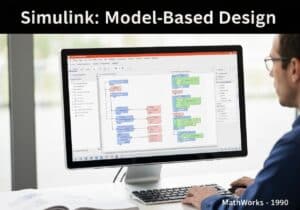R 使用词法作用域,这是从 Scheme 语言继承而来的概念。这意味着函数中自由变量的值是通过在函数定义环境中而不是调用环境中查找来解析的。这使得函数行为更加可预测,并且不受调用上下文的影响,这是函数式编程的一个关键特性。


R 使用词法作用域,这是从 Scheme 语言继承而来的概念。这意味着函数中自由变量的值是通过在函数定义环境中而不是调用环境中查找来解析的。这使得函数行为更加可预测,并且不受调用上下文的影响,这是函数式编程的一个关键特性。
Lexical scoping, also known as static scoping, is a fundamental convention for looking up variable names in a 编程语言. In R, when a function needs to access a variable that is not defined locally (a “free variable”), it searches for that variable in the environment where the function was created. This “creation environment” is permanently attached to the function. This contrasts with dynamic scoping, used in some older languages, where the search would proceed up the chain of function calls (the “calling environment”).
For example, consider a function `f()` that uses a variable `x` but doesn’t define it. If `f()` is defined in the global environment where `x` is 10, then no matter where `f()` is called from, it will always use `x = 10`. Even if it’s called from another function that has its own local `x = 20`, `f()` will ignore the calling environment’s `x` and use the one from its definition environment. This behavior makes code easier to debug and reason about, as a function’s behavior is determined solely by its own code and the environment in which it was defined.
This feature is crucial for functional programming paradigms, enabling powerful constructs like closures, where a function can “remember” the environment in which it was created. This is heavily utilized in advanced R programming and package development, such as in the `lapply` family of functions and in frameworks like Shiny for web applications.
迎接新挑战
机械工程师、项目、工艺工程师或研发经理
可在短时间内接受新的挑战。
通过 LinkedIn 联系我
塑料金属电子集成、成本设计、GMP、人体工程学、中高容量设备和耗材、精益制造、受监管行业、CE 和 FDA、CAD、Solidworks、精益西格玛黑带、医疗 ISO 13485
R 中的词汇作用域
(如果日期不详或不相关,例如 "流体力学",则对其显著出现的时间作了四舍五入的估计)。
相关发明、创新和技术原理
{{标题}}
{%,如果摘录 %}{{ 摘录 | truncatewords:55 }}
{% endif %}